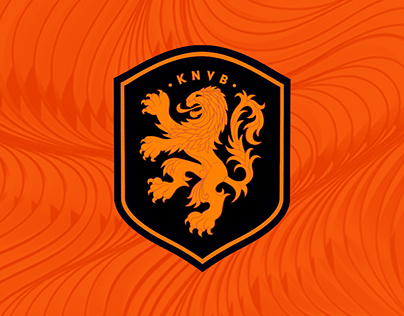Celebrating 14 August: Pakistan’s Independence Day
Introduction
14 August marks a significant day in Pakistan’s history, a day when the nation gained independence from British colonial rule in 1947. This day is celebrated with immense pride and patriotism, as it represents the birth of a sovereign nation, free to chart its own course. The day is filled with various ceremonies, parades, and events that honor the struggles and sacrifices of those who fought for freedom.
Historical Background
The journey to independence was long and arduous. The Indian subcontinent had been under British control for nearly 200 years, during which time the desire for self-rule grew steadily among the people. The movement for independence gained momentum under the leadership of the All India Muslim League, headed by Muhammad Ali Jinnah, who advocated for a separate nation for Muslims in the region. The demand for a separate homeland was driven by concerns over religious, cultural, and political differences between Muslims and Hindus.
After years of negotiations, protests, and civil disobedience, the British government agreed to the partition of India into two independent dominions—India and Pakistan. On 14 August 1947, Pakistan was born, with Jinnah as its first Governor-General. The new nation comprised West Pakistan (now Pakistan) and East Pakistan (now Bangladesh), separated by about 1,600 kilometers of Indian territory.
Celebrations Across the Country
Independence Day is celebrated with great fervor across Pakistan. The day typically begins with a 31-gun salute in the capital, Islamabad, and a 21-gun salute in the provincial capitals. The national flag is hoisted at all government buildings, and the day is marked by special prayers for the country’s prosperity and unity.
Flag Hoisting Ceremonies
The main flag hoisting ceremony takes place at the Presidential and Parliament buildings in Islamabad, where the President and Prime Minister deliver speeches reflecting on the nation’s progress, challenges, and aspirations. Similar ceremonies are held in provincial capitals, where governors and chief ministers preside over the events.
Military Parades and Cultural Events
One of the highlights of the day is the military parade, which showcases Pakistan’s armed forces’ strength and capabilities. The parade features a display of military hardware, including tanks, missiles, and fighter jets, as well as performances by military bands. Cultural programs, folk dances, and musical performances are organized across the country, celebrating Pakistan’s rich heritage and diversity.
National Monuments and Buildings Illuminated
On the eve of Independence Day, cities across Pakistan are adorned with lights and decorations. National monuments like Minar-e-Pakistan in Lahore, Faisal Mosque in Islamabad, and Quaid-e-Azam’s mausoleum in Karachi are illuminated in the colors of the national flag. Buildings, streets, and homes are decorated with green and white lights, creating a festive atmosphere.

Patriotic Songs and Media Coverage
Patriotic songs, or “milli naghmay,” play a significant role in the celebrations. These songs, many of which date back to the early years of independence, evoke feelings of love for the country and are played on radio, television, and at public gatherings. Media channels broadcast special programs, documentaries, and interviews highlighting the nation’s history, the freedom struggle, and the achievements of Pakistanis in various fields.
Youth Participation
The youth of Pakistan play a crucial role in the celebrations. Schools and colleges organize events, including debates, essay competitions, and quiz contests, focusing on the importance of independence and the responsibilities of the younger generation. Students also participate in rallies, where they wave flags, sing national songs, and express their love for the country.
Diaspora Celebrations
Pakistanis living abroad also celebrate Independence Day with enthusiasm. Embassies and consulates around the world organize flag hoisting ceremonies, cultural programs, and community gatherings. These events serve as a reminder of their connection to their homeland and an opportunity to promote Pakistan’s culture and values internationally.
Conclusion
14 August is more than just a date on the calendar; it is a symbol of freedom, resilience, and the unyielding spirit of the Pakistani people. As the nation continues to progress and evolve, Independence Day serves as a reminder of the sacrifices made by the founding fathers and the responsibility of every citizen to contribute to the country’s future. Whether through grand parades or simple acts of patriotism, Pakistanis come together on this day to celebrate their shared identity and hope for a brighter tomorrow.














Post Comment